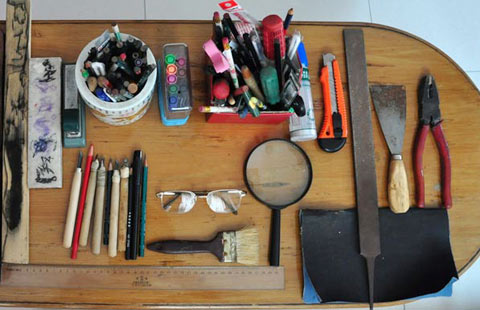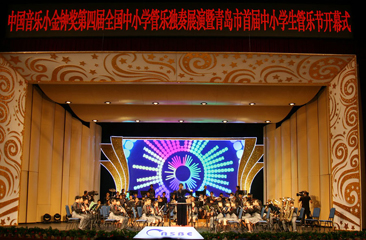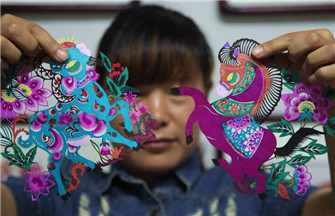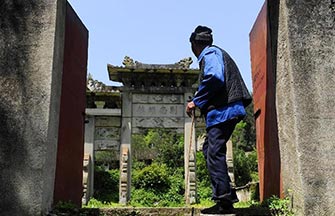The most important play of Polish literature hits Beijing
( CNTV ) Updated: 2015-08-04 16:35:17
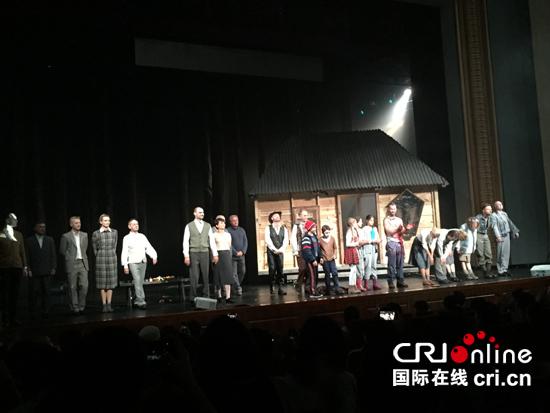 |
|
The most important play of Polish literature "Dziady" will open the Beijing People's Art Theater International Festival. [Photo/CRI] |
The word, "Dziady", brings together a wealth of different meanings in Polish, including a sticky plant that serves as a metaphor for how pain sticks and haunts after love is gone.
"It's the title of a ceremony where you call the spirits of your grandfathers and their grandfathers, of your grandmothers, of your forefathers. But it's also an insult if you call somebody dziad; it means they are old and are like this. But it's also a plant that will stick to your clothes, difficult to get off - it's also 'dziad'. Also one's grandfather, it's simply 'dziad'. So he picks the word that has very very very many different meanings. That is why the themes of the four plays that make up dziad are very different. But it's always about some mutation of this word," Zadara said.
For leading actor Barrosz Porczyk, the role of Gustaw was a feat of memorization as well as artistic virtue, requiring more than six months to master the play's 1600 lines or so of poetry, and almost one-hundred minute's worth of soliloquy. Yet he holds the audience spellbound with his singing and acting, taking them on a rich and varied emotional journey that - notwithstanding the play's melancholic themes - elicits a lot of laughter and applause along the way.
"As the director wants to show the whole of the original work in one play, we can't cut out the music part. And we both believe music is a crucial element to the character. And sometimes, music tells us more then just words. What's more, most previous interpretations of Gustaw are very sad from the beginning to the end. We don't like that. We want to make it a symbol of life, how he is filled with energy and excitement toward life, and wants to experience life to its fullest," said Barrosz Porczyk, an actor.
This is first trip in China both for the director and his play.
"I have a feeling that a Polish guy living in Russia and Paris in the 19th century, and the 21st-Century Chinese person can meet. That means almost anybody can meet in the whole world. That means there's a chance that we can communicate," Zadara said.
The journey may be long for Chinese audiences, but like all epic tales, this one is worth the wait.
|
|
|
|
|
|
|
|
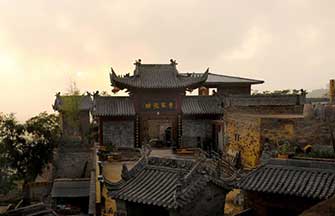
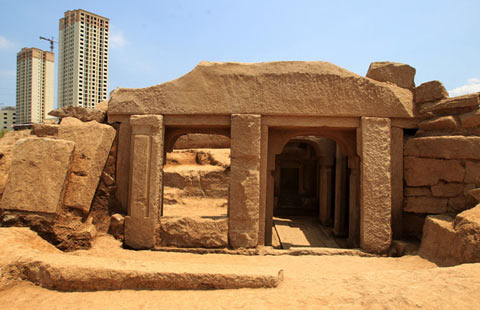





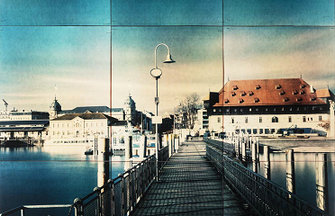















 Raymond Zhou:
Raymond Zhou: Pauline D Loh:
Pauline D Loh: Hot Pot
Hot Pot Eco China
Eco China China Dream
China Dream China Face
China Face

